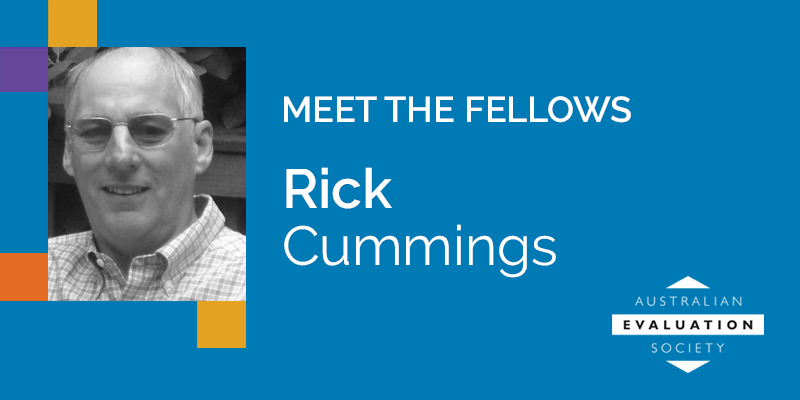by Alison Rogers
Once upon a time there was a diverse range of animals working hard to run a productive farm. Among the committed and dedicated team there were five dogs. In addition to retrieving, herding, and sniffing for wild produce, their role was to guard the premises. The dogs were friendly to the milkmaid and grocer, but for some reason, they growled and barked at the postal worker.
One day, when the postal worker was due to deliver mail, four of the dogs were distracted by a commotion on the other side of the farm. No one was watching the mailbox except for the dog known as Champ. He stayed by the gate, as he was meant to do. He observed the postal worker walk closer, and when she made no attempt to enter the premises, he stayed quietly vigilant and let her get on with her job. Champ even started wagging his tail.


